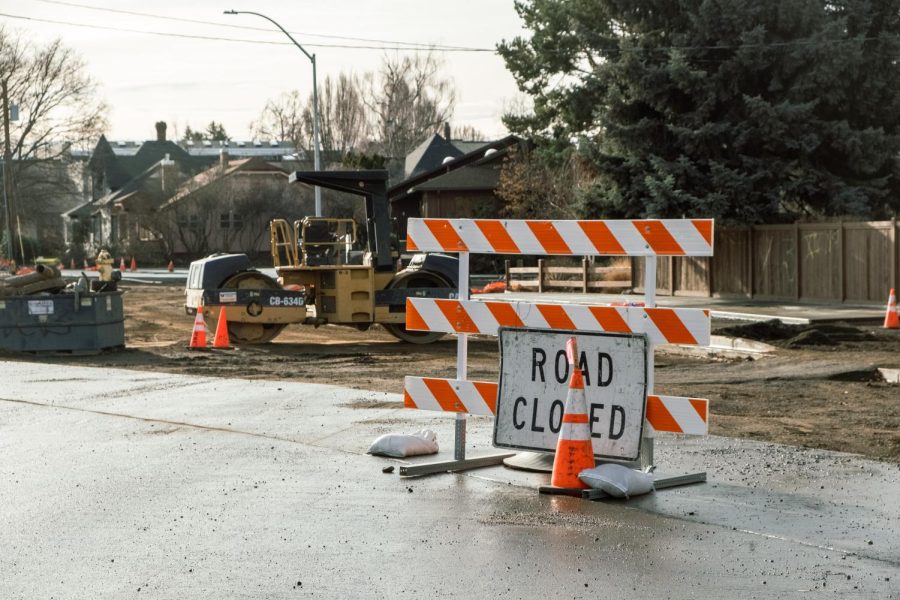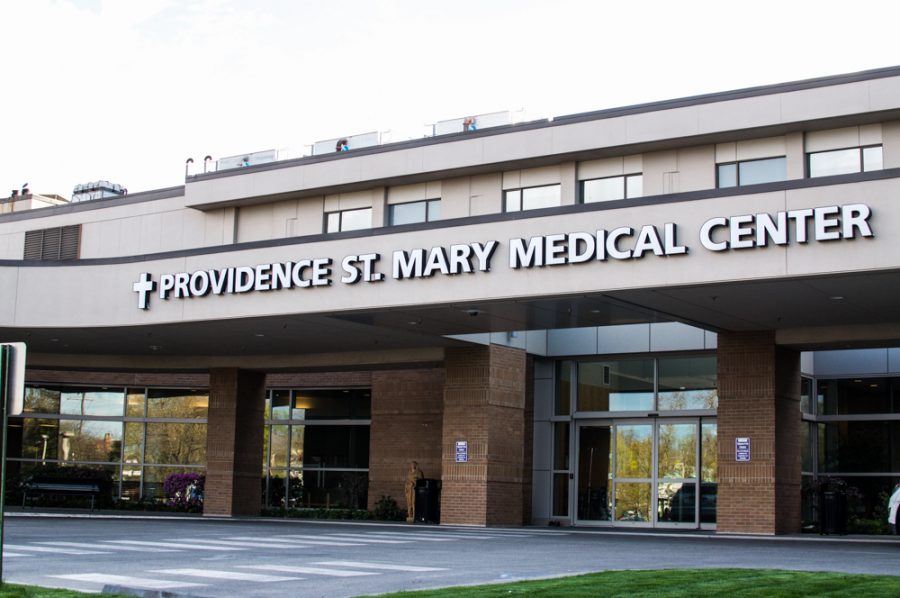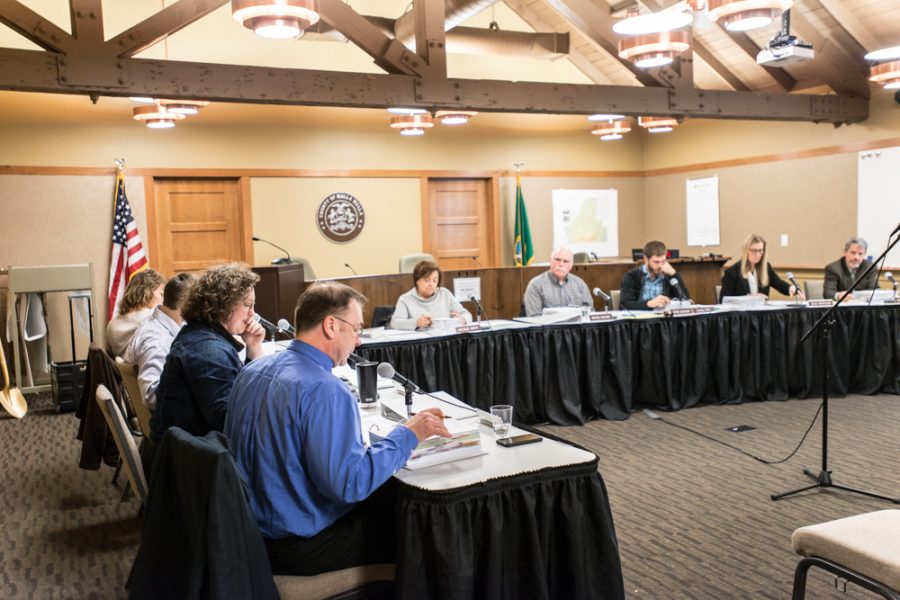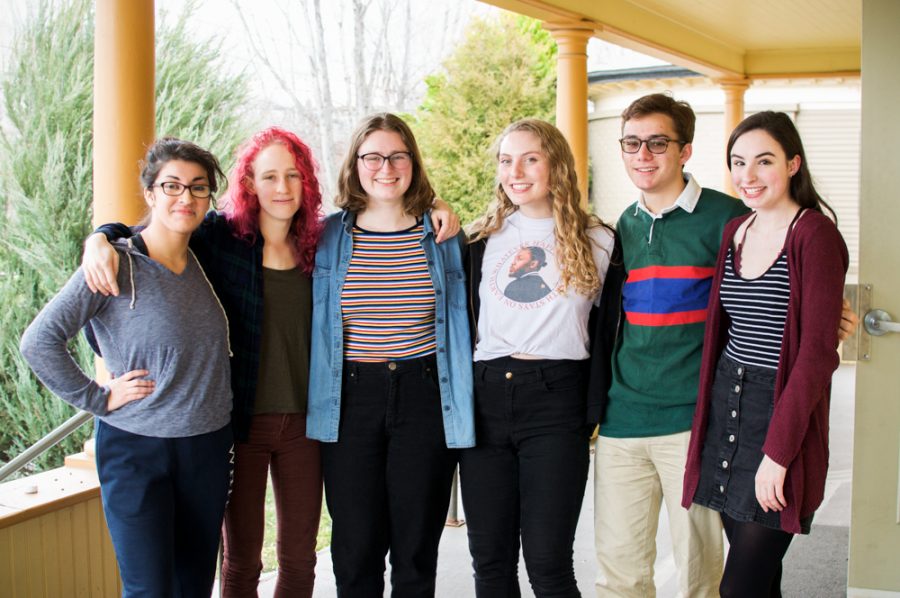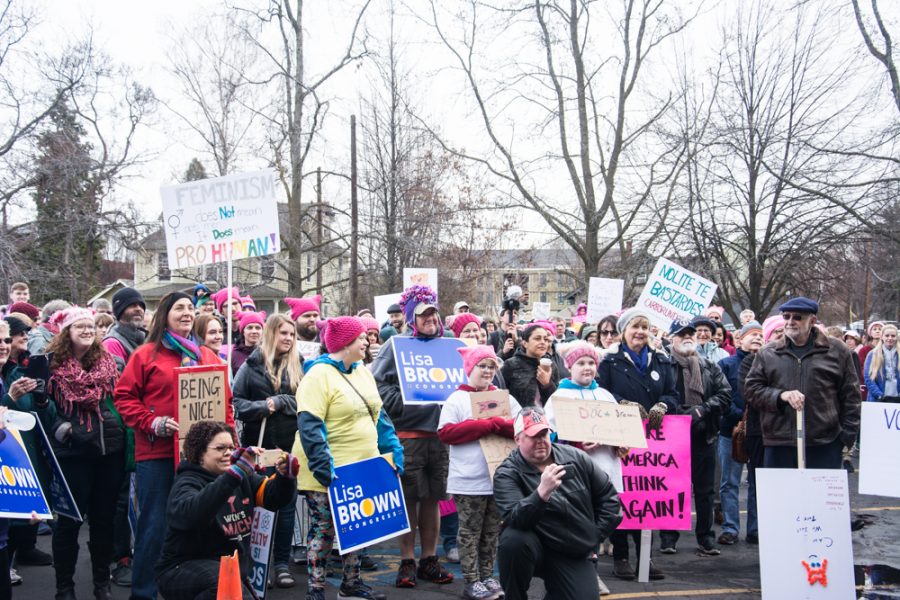On April 22, Walla Walla voters rejected a bond measure that would provide the funding to update Walla Walla High School’s 40-year-old facilities.

The April vote was the third time voters have failed to approve a Wa-Hi improvement bond since 2006. This year’s failed bond would have built a new science building for Wa-Hi. The current facility is by all measures outdated and ill equipped for 21st century science education.
In the wake of the failed bond, the Walla Walla community has the opportunity to reevaluate the options to improve Wa-Hi facilities and reaffirm why rebuilding or remodeling are important steps toward improving education.
“Most likely we won’t run another bond until 2018,” said Pete Peterson, Walla Walla High School’s principal.
In 2018 the bonds approved by Walla Wallans for the Edison Elementary remodel will be retired, so a Wa-Hi bond would not increase tax rates significantly if it were passed in 2018. The April bond was set to increase Walla Walla taxes by 30 cents per $1,000 in home value.
“I think the community would rally behind setting a date of 2018 and then doing everything between now and then to make that happen,” said Peterson.
The future of another Wa-Hi bond will be determined by the standing facilities commission, which is a community-based citizens group convened by the superintendent, which includes Peterson. Each of the three bonds in the last eight years has proposed a very different plan for how to improve the Wa-Hi facilities. In 2006, the plan proposed would have completely rebuilt the Wa-Hi campus. Each bond measure has made changes to the plan in order to reflect differing desires of the community. The current plan would improve facilities without completely rebuilding the school.
A bond to remodel or rebuild Wa-Hi needs a supermajority of 60 percent to pass in Walla Walla. Just 52 percent voted in favor of the bond on April 22. Reluctance to pass the Wa-Hi bond is seen as stemming from a variety of factors. Peterson cited the poor economic recovery and aversion toward tax increases as possible reasons voters have repeatedly refused to fund Wa-Hi improvements.
“I don’t think people are anti-schools at all,” said Peterson. “I just think people are content with their level of taxation right now.”
However, Professor of Physics Kurt Hoffman emphasized the fact that the most recent bond measure might have been too small for some voters.
“I think there are a lot of people who felt like the bond … wasn’t achieving enough,” said Hoffman.

However individual voters might feel about any particular bond, the need to improve Wa-Hi facilities is undeniable.
Walla Walla High School was built in 1964, and its staff and students face inadequate heating and cooling systems, overcrowding and antiquated science labs. The April 22 bond focused on improving science lab facilities for students, and Peterson made it clear that this is one of his priorities for Wa-Hi.
“Our labs simply aren’t adequate for modern science,” said Peterson. “Just think about how much new science has been developed since 1963. Our AP courses are booked [and] kids want to take the classes, but we don’t have the facilities to do the labs.”
Hoffman stressed how important lab science is for college preparedness.
“We require laboratory experiments in all the introductory science courses [at Whitman],” said Hoffman. “There’s something valuable about knowing how to make those measurements yourself.”
First-year Felipe Salazar attended Wa-Hi, and while there experienced crowded and poorly equipped science labs.
“We had to take turns using the equipment,” said Salazar. “Comparing the labs here [at Whitman] to the Wa-Hi labs, it’s much better at Whitman. You actually have space to do experiments …. Sometimes [at Wa-H], when we didn’t have the equipment for everyone, the teacher would just demonstrate to the class. We didn’t get to do the experiments ourselves.”
With no funding to start improvements on Wa-Hi’s science facilities or other buildings in the next year, students and staff will continue to do their best to learn and teach with the facilities they currently have.
“We focus on the longer term from the bond standpoint,” said Peterson, “but I try to stay grounded with the idea that we’re working hard for our kids right now.”


